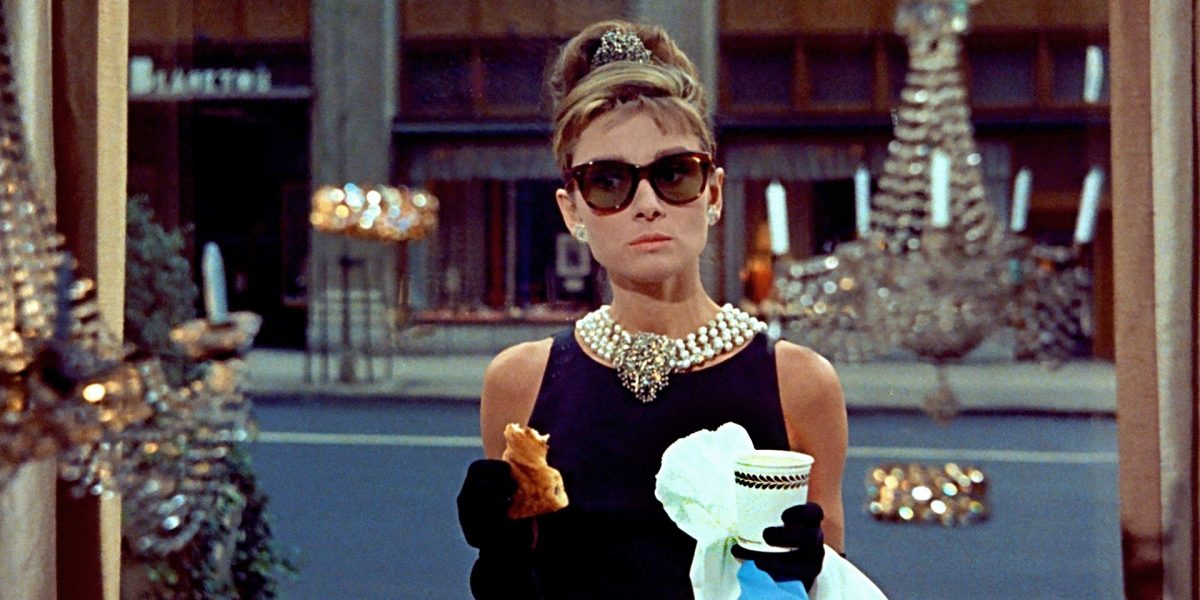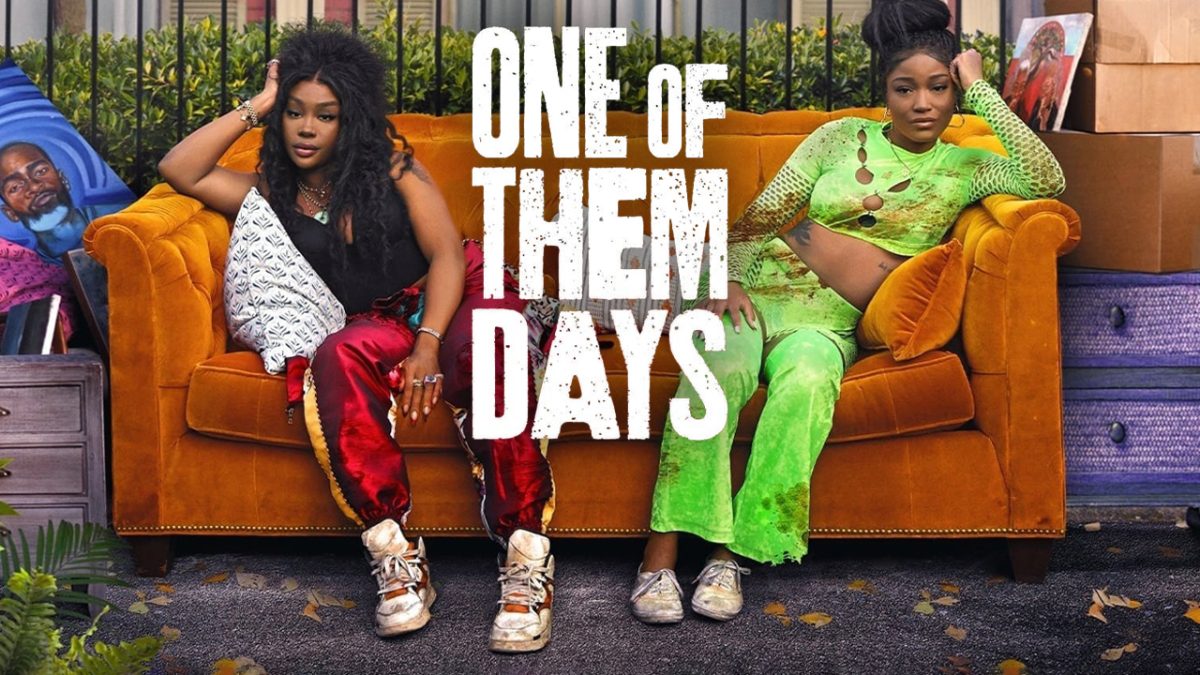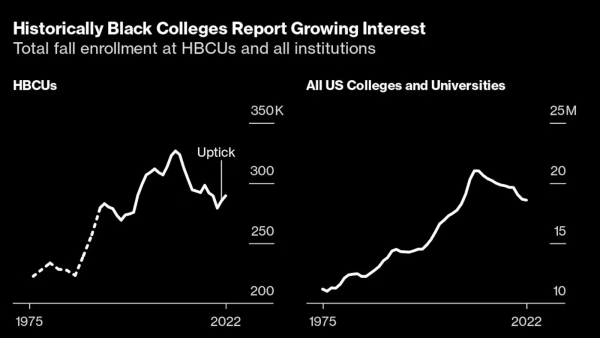Mike Bonfiglio’s Guide to Finding Your Voice in the Film Industry
How do you find your voice in the film industry and articulate it during the creative process? Last month, I had the pleasure of chatting with Emmy nominated film director, Mike Bonfiglio to learn exactly that.
The creative behind notable films such as You Don’t Know Bo: The Legend Of Bo Jackson (2012), Doc & Darryl (2016), May It Last: A Portrait Of The Avett Brothers (2017) and Paris to Pittsburgh (2018), shared his gems of advice with the Pioneer and because knowledge is best when shared, today I’ve accumulated a guide to finding your voice in the film industry, exclusively derived from the advice of Mike Bonfiglio.
1. Trusting Your Creative Voice VS Outside Criticism
“There is no right or wrong with art, but soliciting other people’s opinions can help you see things with fresh eyes and gauge how the public will receive it.” – Mike Bonfiglio
Mike noted it’s worthwhile to show your work to a close circle of people before it’s complete to 1) avoid being self indulgent during the creative process and 2) understand what needs improvement. Nevertheless, outside advice is often made from the perspective of the creative choices they would make through their personal style if it were their film, not yours.
Sometimes other people’s opinions might not be “right” because art is subjective, and as Mike said “you are the ultimate arbiter of what is right and wrong for the film”. It’s imperative that as a director, you articulate your voice by always making decisions based on your own instinct.
2. “There’s never a point where you’ve totally figured it all out or even feel like you’ve totally figured it out.”
Articulating your voice in the film industry isn’t a “rookie mistake”, it’s something that even successful film directors undergo all the time!
As Mike puts it:
Judd Apatow told me once that one time he screened a rough cut of one of his movies for a bunch of fellow filmmakers… These were big-time people, like PT Anderson and James L. Brooks. When the movie was over, he asked them to give him some notes about how to make it better. They did, and Judd said he realized that each person’s notes would have made the film more like one of THEIR movies. But he realized that this was HIS movie, and he needed to figure out what the film was that HE was making. All of these smart and talented people weren’t “right” — only he could be right.
It’s helpful to consider the outside opinions of your critics but it’s important to also trust yourself and your creative direction.
3. What Makes a Documentary Stand Out?
“A film with lousy aesthetics but great characters and story can still be good. But a film with great aesthetics, but lousy characters and story usually cannot”
Mike advises it’s best to prioritize the irreplaceable aspects of a documentary like the characters and the story before making a film aesthetically pleasing.
Besides the essentials, Mike added that what makes a documentary stand out is you. As director, you must honor that it would not be the same film without your unique approach to the subject matter.
Your creative perspective cannot be replicated by anyone else in the film industry; the best way to recognize that is by incorporating yourself whether that be “YOUR taste, YOUR interests, YOUR ideas and the things that move YOU into your film.”








































































